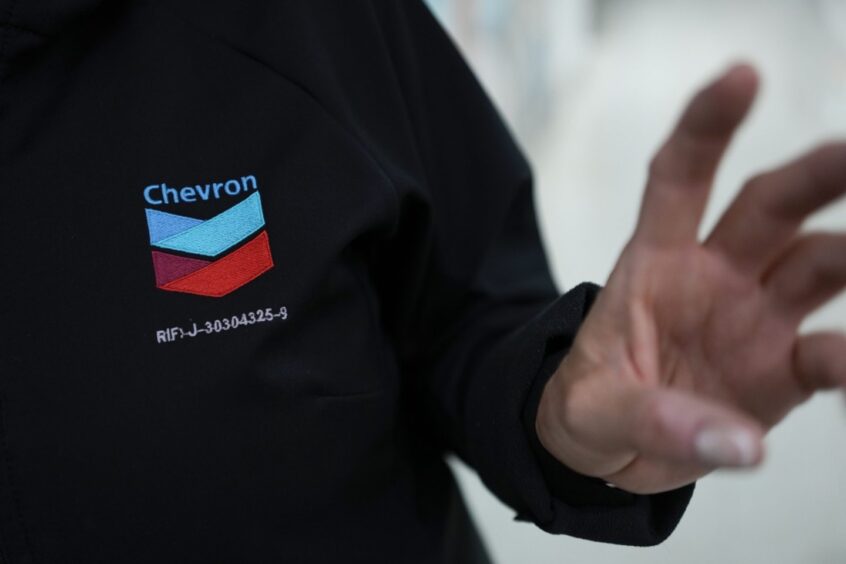
Shares of Chevron and Hess slipped after Exxon Mobil said it’s considering a move that could break up the companies’ $53 billion merger and increase its share of Guyana’s giant offshore oil reserves.
Exxon (NYSE:XOM) said late Monday it’s exploring its right of first refusal over the change of ownership in Hess’s 30% stake in Guyana’s massive Stabroek oil field. That stake is Hess’s key asset, and the primary reason Chevron agreed to buy the company in October.
Chevron countered that there’s no possible way that Exxon or partner Cnooc could buy Hess’s stake and that it remains fully committed to the deal.
While multiple analysts said Chevron’s takeover of Hess was still likely to close, they didn’t rule out the possibility that Exxon could break up the deal.
“The most likely outcome is one in which the Chevron-Hess deal is ultimately consummated, perhaps with a bit of a delay,” Jason Gabelman, an analyst at TD Cowen, said in note to clients. “A low-probability outcome is one in which an arbitrator rules a right of first refusal is applicable, in which case the deal would fail.”
Hess tumbled 3.3% at 11:04 a.m. in New York, making it the third-worst performer in the Standard & Poor’s 500 Index. Chevron declined 2.3%, even as oil prices rose.
“It certainly has the prospect of derailing the transaction,” Tectonic Financial Chief Executive Officer Haag Sherman said on Bloomberg TV. “Exxon coming in and pre-emptively exercising their right of first refusal should have been something that was foreseen by the lawyers and also the executives at Chevron.”
A high-stakes battle for Guyana’s Stabroek block — the fastest-growing and largest oil discovery of the past decade — would mark a rare public dispute between the two largest US supermajors. Exxon, the operator of the project, first found oil in Guyanese waters in 2015 and has since discovered 11 billion barrels of reserves. The company expects production there to double to 1.2 million barrels a day by 2027.
The dispute also underscores how important Guyana’s emerging oil basin is to global crude markets. Oil majors have struck a flurry of megadeals in recent months to secure stakes in proven reserves without building new projects that would increase global supplies.
“We owe it to our investors and partners to consider our pre-emption rights in place under our Joint Operating Agreement to ensure we preserve our right to realize the significant value we’ve created and are entitled to in the Guyana asset,” Exxon said in a statement Monday.
Chevron shot back, saying Exxon and Cnooc’s right of first refusal is “not applicable” to its merger with Hess.
“There is no possible scenario in which Exxon or Cnooc could acquire Hess’ interest in Guyana as a result of the Chevron-Hess transaction,” Chevron said in an emailed statement.
Still, Chevron warned in a regulatory filing Monday there’s a risk the deal may not be completed if Exxon and Cnooc launch a successful counterbid.
“If these discussions do not result in an acceptable resolution, and arbitration (if pursued) does not result in a confirmation that such right of first refusal provision is inapplicable to the merger, then there would be a failure of a closing condition under the Merger Agreement, in which case the merger would not close,” Chevron said.
Recommended for you
